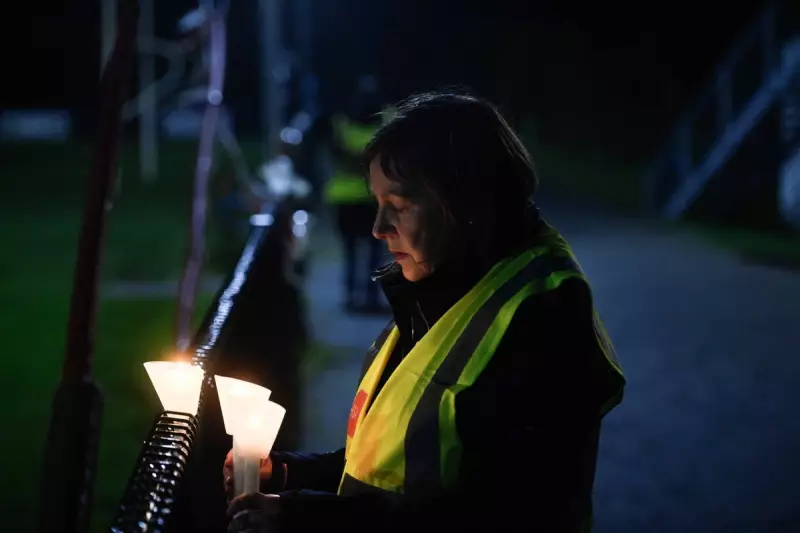
In a landmark ruling that has sent shockwaves through the UK education system, a teenage Catholic girl has emerged victorious in her legal battle against a predominantly Protestant school in Belfast that refused her admission because of her religious background.
Rebecca Black, whose case has become a symbol of the ongoing struggle for religious equality in Northern Ireland, was systematically denied a place at the school despite meeting all academic requirements. The institution's admission policy effectively prioritised Protestant students, creating what the court determined was an unlawful barrier to Catholic applicants.
A Personal Battle with Far-Reaching Consequences
What began as one family's fight for educational fairness has evolved into a precedent-setting case that could reshape admission policies across Northern Ireland. The Black family's perseverance through years of legal challenges highlights the persistent religious divisions that continue to affect everyday life in the region.
'This was never just about our daughter,' Rebecca's parents stated after the ruling. 'We took this stand because no child should be turned away from a quality education because of their faith. This victory is for every family that has faced similar discrimination.'
Legal Precedent and Educational Reform
The court's decision establishes crucial legal boundaries for how schools in Northern Ireland can structure their admission criteria. Legal experts suggest the ruling will force dozens of schools to reconsider policies that may disproportionately disadvantage Catholic students.
Education authorities now face pressure to implement more inclusive admission systems that respect religious diversity while maintaining school ethos. The case has sparked renewed debate about the complex intersection of faith-based education and equal opportunity in modern Britain.
Broader Implications for UK Society
Beyond the immediate educational context, Rebecca's victory resonates throughout UK society at a time when questions of religious tolerance and integration remain pressing. The case serves as a reminder that sectarian divisions, though less visible than during the Troubles, continue to influence institutions and opportunities.
As Northern Ireland moves forward, this ruling represents a significant step toward dismantling the last vestiges of institutional religious discrimination in education. For Rebecca Black and her family, the outcome brings closure to a long personal struggle while opening doors for countless other students seeking education free from religious prejudice.





